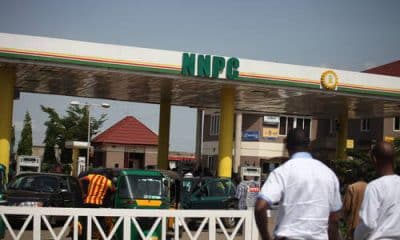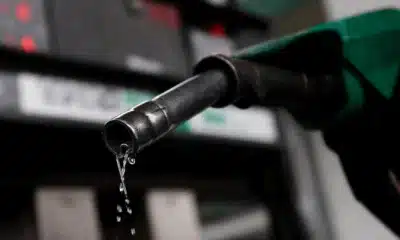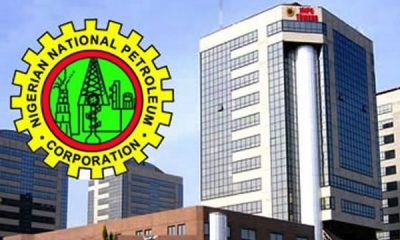Nigeria News
We Deliberately Shut Down The NNPC Refinery – Mele Kyari

The Nigerian National Petroleum Corporation (NNPC) says it has deliberately shut down government refineries despite billions of naira spent on repairs every year.
NNPC chairman Mele Kolo Kyari said the refineries were closed due to the vandalization of oil pipelines government has been unable to send the crude oil to the refineries.
“We cannot flow product into these lines, the cheap one is to say they are aged but the real reason is that the level of activities of vandals on these lines is gross, monumental and profound,” he said.
Therefore, according to him, it is unwise to continue running the refineries, spending huge sums of money with no returns.
Kyari made the announcement during the presentation of the company’s 2021 budget before a House of Representatives committee.
The NNPC chairman said that at present, the Excravos pipeline run by the company is the only one in good condition.
He said the NNPC could not operate 100% of the pipeline because “Kaduna and Warri refineries alone need 170,000 barrels of crude oil per day to operate 70%”.
He said at present, NNPC has more than 5,000 petrol stations and 13 large warehouses that need to be fully protected from vandals.
“And I can tell you today that except the Atlas cove to Ibadan line and also the Portharcourt to Aba line, none of these pipelines is serviced.
“We cannot flow product into these lines, the cheap one is to say they are aged but the real reason is that the level of activities of vandals on these lines is gross, monumental and profound,” he said.
He said the NNPC had lost N43 billion to vandals in the first six months of 2020 as the oil corporation has to fix at least 80 vandal points a month.
That is why the company has opted to transport oil from its major refineries to other parts of Nigeria.
He said the company would spend N314.9 billion on projects in 2021 as opposed to 444.75 billion by 2020.
Kyari also told the committee that the company had lost revenue and some of its operations as a result of the COVID-19 outbreak.
Economic collapse and austerity measures have eroded oil prices and reduced production, in addition to the global shift to renewable energy.
Declining revenues have forced NNPC to cut its spending by 40%, as it has been unable to discharge some of its responsibilities of raising funds and applications.
According to him, despite Nigeria’s efforts to increase its oil revenues, it, like other countries, has embraced modern energy.
He, therefore, asked the Federal Parliament to help pass the Petroleum Law Bill (PIDB).












